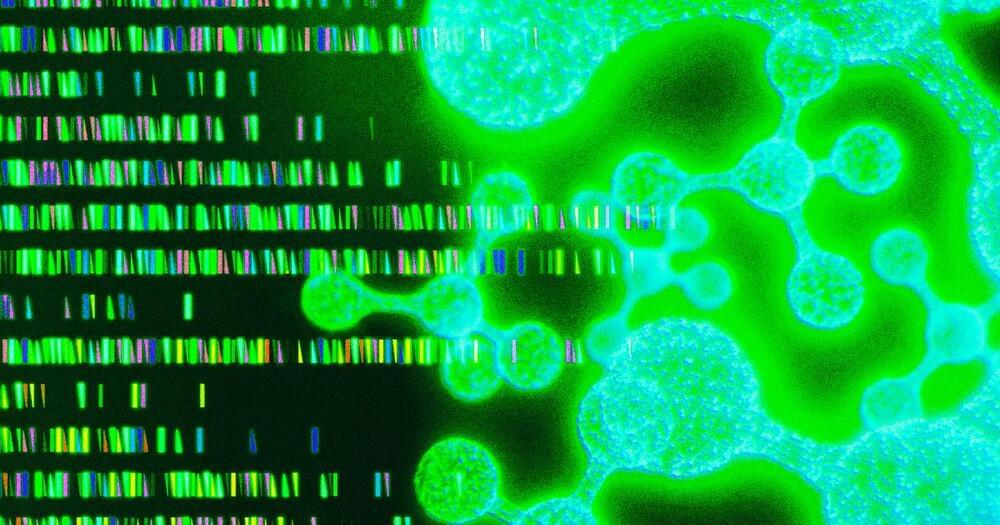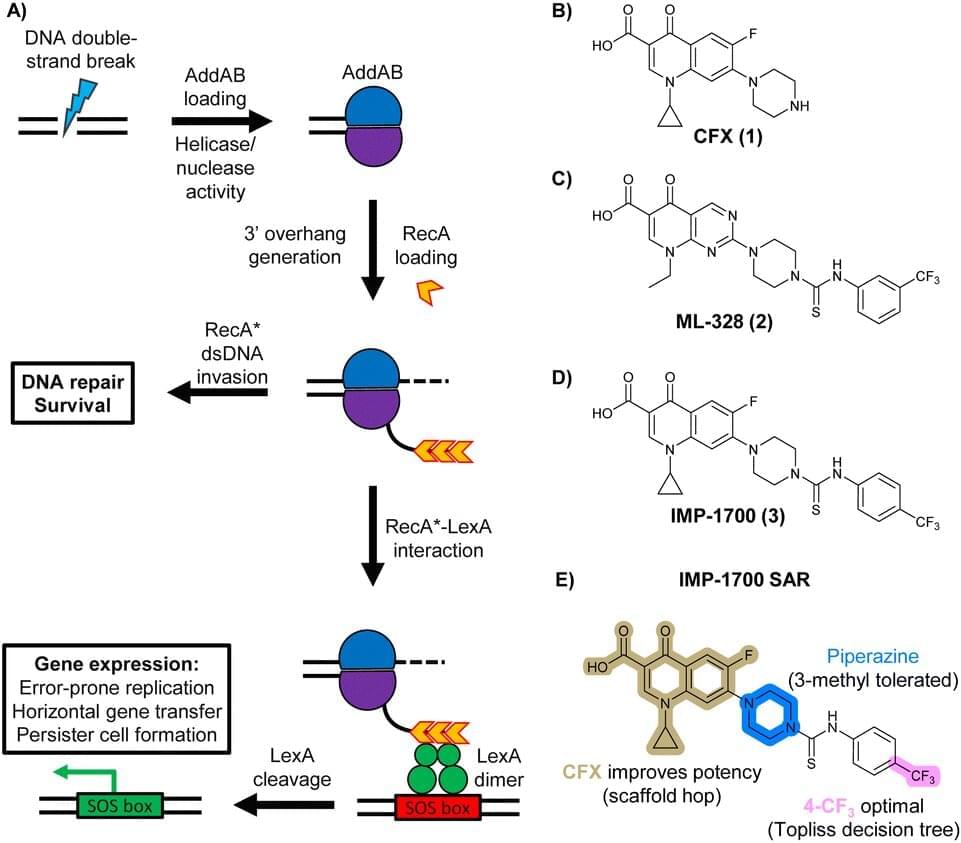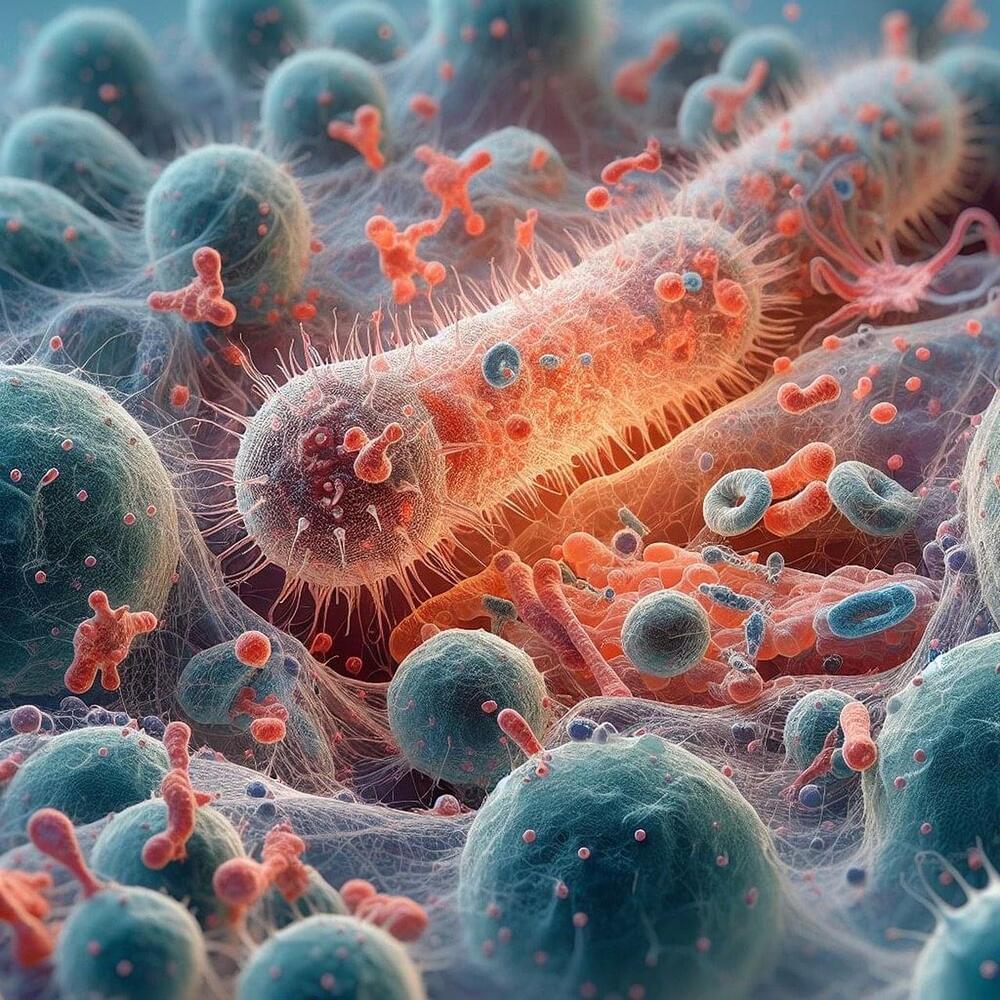The immune system provides an integral defense against cancer growth and progression. Activating an anti-tumor immune response relies on several biological steps that can ultimately result in the elimination of tumor cells. T cell activation, a process requiring three “signals,” is required for optimal anti-tumor immunity.
T cells, immune cells generated in the thymus, have a programmed affinity for a specific particle foreign to the body. T cells must become specially “trained” to recognize this foreign protein, known as an antigen. After leaving the thymus, T cells circulate throughout the body in search of their antigen.
Antigen presenting cells (APCs) comprise another category of immune cells required for effective anti-tumor immunity. APCs also circulate the body, where they locate, process, and “present” pieces of antigen on their surface. A surface molecule called a major histocompatibility complex (MHC) holds the antigen on the outside of the APC.







